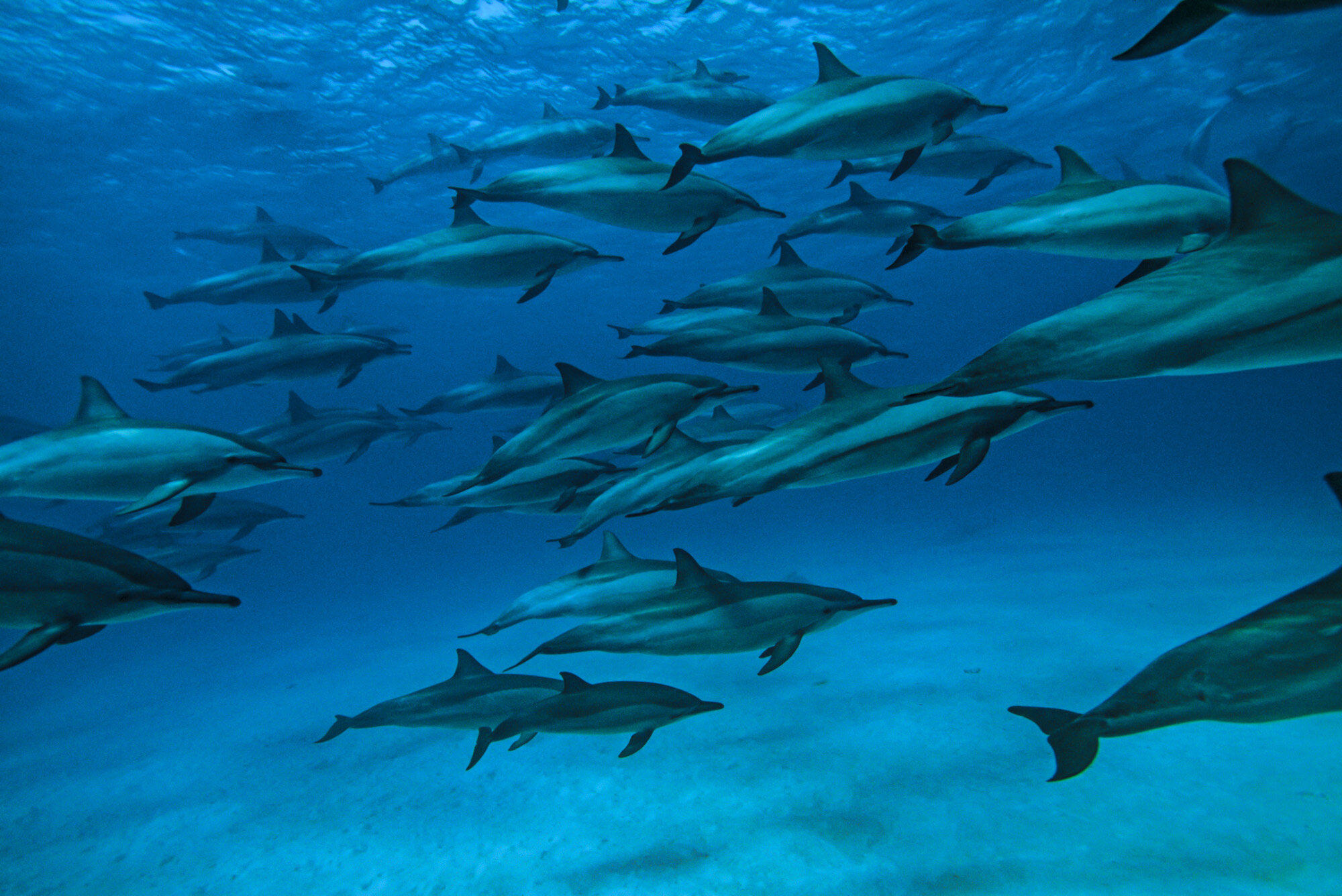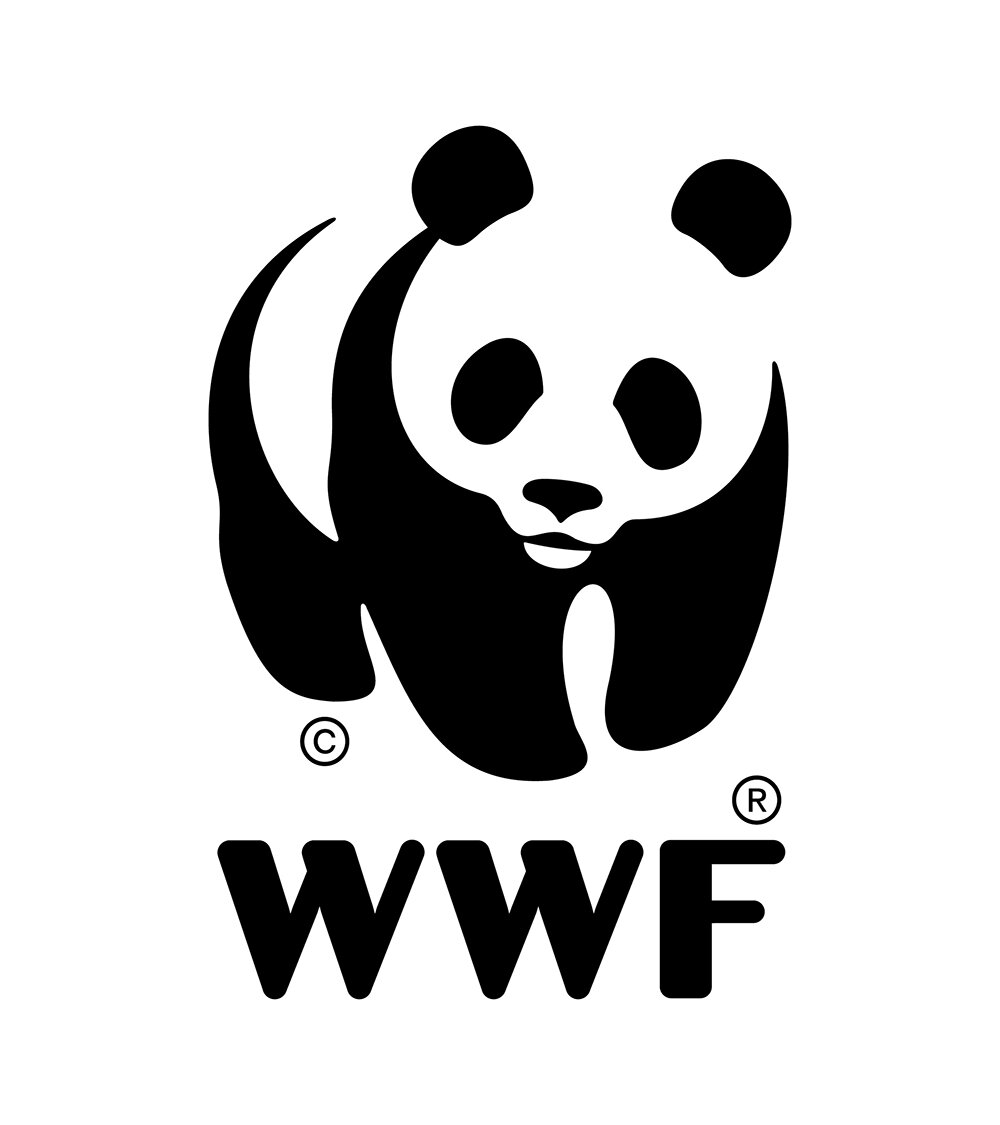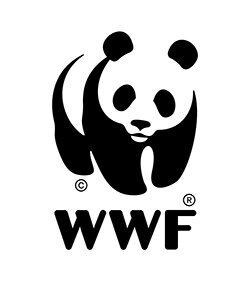
Latest news and stories about whale and dolphin conservation
Uncovering whale superhighways in the Southern Ocean
Antarctica's majestic great whales have long captured the fascination of researchers, but studying these ocean giants is challenging. Technology is an indispensable tool in unravelling the mysteries of these enigmatic creatures.
Diminishing sea ice threatens delicate Antarctic ecosystem and raises alarms
WWF’s Chris Johnson, and a group of whale ecologists, including Dr. Ari Friedlaender from the University of California Santa Cruz, recently made the journey to Antarctica to conduct vital research.
Urgent action needed to conserve the endangered Irrawaddy dolphin
Due to its coastal habitat and tendency to feed near fisheries, the Irrawaddy dolphin is heavily impacted by bycatch. Large numbers of these dolphins are killed by entanglement in gillnets.
Minke whales are as small as a lunge-feeding baleen whale can be
Research on the feeding behaviour of Antarctic minke whales found that a smaller whale could not capture enough food to survive using the lunge-feeding strategy of baleen whales.
WWF: Landmark High Seas Treaty agreed, ushering in new rules for two-thirds of the ocean
WWF strongly welcomes the agreement of the text for a new global legally binding High Seas Treaty reached by nations today in New York, creating a framework to conserve marine life and restrain harmful activities in two-thirds of the ocean.
Eastern Pacific Ocean - A hub for whale superhighways requires urgent protection
A new report from WWF and partners, including Oregon State University, the University of California Santa Cruz, the University of Southampton, and Universidad de Valparaiso, identifies actions for governments, industry and individuals to safeguard whale migratory routes, along the Eastern Pacific Ocean by 2030. Climate change, ship traffic, underwater noise and fishing activity impact whales and their survival at multiple points.
WWF: High Seas Treaty critical to achieving 30% global ocean protection goal
WWF is urging countries to finalize a new global agreement for the two-thirds of the ocean that is largely unprotected and overexploited, as talks over the last 15 years are anticipated to conclude in a ‘High Seas Treaty’ over the next few weeks.
Solving the mystery of the declining South African southern right whale population by discovering their blue corridors
Research Manager Dr Els Vermeulen and her team are focused on solving a scientific mystery. Since 2009, very few southern right whales have been seen along the South African coastline.
There are ways to safeguard nature from underwater noise pollution, we just need the political will
From 23 to 27 January, representatives from 175 countries that make up the UN International Maritime Organization (IMO) – the regulatory body for shipping globally– will meet in London at the Sub-Committee on Ship Design and Construction (SDC) meeting to continue their review of IMO guidelines to reduce impacts of underwater noise from shipping.
New research: Krill availability impacts humpback whale pregnancies
New research shows reduced krill supplies lead to fewer pregnancies in humpback whales – a finding that could have major implications for industrial krill fishing.
WWF: Antarctic krill provide carbon storage services worth US$15.2 billion
WWF Report: Antarctic krill provide carbon storage services worth US$15.2 billion
Whales without boundaries - why the high seas matter
Vast expanses of our global ocean are unprotected – putting whales and other marine life in peril. A historic Global Ocean Treaty now in negotiations offers hope to better manage and protect biodiversity on the high seas.
Shining a light on the Caribbean’s cetaceans
There is still much we don’t know about the Caribbean’s 33 known cetacean species – more than one-third of the world’s total.
Ti Whale An Nou – the whale and dolphin research programme that gets its name from a mix of French and English Creole meaning ‘our little whales’ – is starting to fill in these gaps.
Nine countries launch coalition for ocean protection in the Pacific
Today, nine countries agreed to establish a network of ecologically interconnected marine protected areas (MPAs) along the Pacific coast of the Americas, from Alaska to Patagonia.
For a Thriving Ocean: Collective Action to Protect Whales and Dolphins
The theme of this year’s United Nations World Oceans Day on 8 June 2022 is ‘Revitalisation: Collective Action for the Ocean’. We’re highlighting the collective action between WWF’s Protecting Whales & Dolphins Initiative experts, industry, policy makers and governments around the world to safeguard our ocean giants for a thriving ocean.
Innovation and resilience offer hope for the world’s most endangered whale
Today is Endangered Species Day and we’re highlighting the North Atlantic right whale. With just 336 animals left, they are one of the most endangered whales on the planet. Technological innovation and collaboration between science and fisheries is providing newfound hope for these iconic ocean giants.
Safeguarding Mediterranean Giants
One of the busiest shipping lanes in the world puts Mediterranean fin whales in the direct path of the massive tankers, cargo ships, and high-speed ferries that criss-cross their waters.
Securing a future for the Chinese white dolphin
Doris Woo of WWF-Hong Kong is working to give Chinese white dolphins the best chance to stabilise and recover.
Why we must protect North Atlantic right whales’ ‘migration superhighways’
If their population continues to decline, North Atlantic right whales may go extinct in less than 30 years. While the task is daunting, protecting their blue corridor from these major threats — including dynamic and mandatory vessel slowdowns and reduction of vertical fishing lines — is possible, and critical, to ensuring the survival of this species.
Whales on the move - mapping threats and solutions for our ocean giants
The growing dangers whales face worldwide along these epic journeys are signs of an unhealthy ocean, and reveal how the ocean connects us all.





















